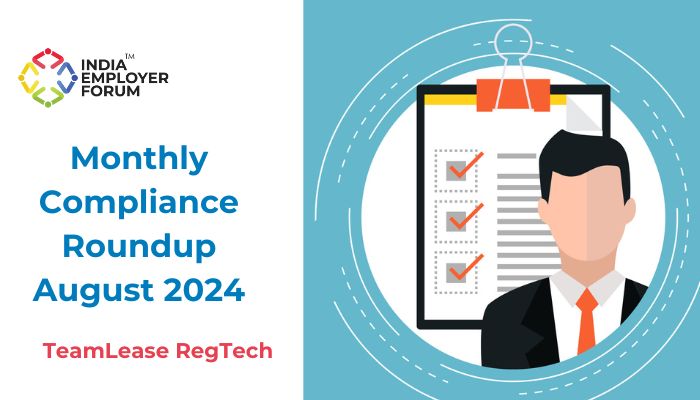Transparency in Salary Discussions
Today, when access to information has become easier than ever before, employers need to be transparent with their employees, especially when it comes to their salaries. Employees always have questions regarding their pay, and it is the employer’s responsibility to provide them with clear answers. And these questions won’t just come during the hiring process, but through the entire time an employee spends with a company. So, it is always better for organizations to think these questions out to prepare themselves in a better way to face them whenever they are thrown at them. It is not just about finding the correct answers to these questions but also the right way of making employees understand. If employers think that employees would stop seeking salary information once they sign on the dotted line, they are wrong.
Fairness of Pay
A common question that employees ask their employers, irrespective of how many years they have spent in the organization, is how fairly they are paid? Employees are always concerned about the fairness of pay because some of them feel that they are not being paid according to their experience, skills, and the work they are doing daily. And many employers, to appear fair, agree to requests for salary raises from their employees. However, that’s never the best route to take.
To start with, employers should evaluate whether these claims have any truth to them or not. And if the claims are even slightly valid, no step should be taken before a discussion between the employee and HR manager. It is the responsibility of the HR manager to have an open dialogue with employees. They should use their experience and know-how of the industry to tell employees where exactly they should be in terms of salary at that particular time. And if there is a difference, they should negotiate with employees to arrive at a mutually agreed figure. However, if employees have salaries that are at par with market standards, HR managers should not be hesitant to share this salary information with them.
How Salary is Decided
Employees may also ask their employers about how their salary is decided. Employees have started asking for more information about their work and pay because of the pandemic and the remote work scenario. Employees expect their organizations to be more proactive when communicating and sharing important information with them. These questions about how salary is determined could become challenging for organizations, especially those with a transparent pay model in place.
The basis on which salary is determined includes experience, skill set, designation, qualifications, and more. If an organization is dedicatedly following this rule, they shouldn’t keep this salary information from their employees. Every employee knows that every position has a salary range. And the salary offered to a candidate depends on how good a fit they are for that position—the better the fit, the higher up on the salary range.
Salary Raises
The most common salary question that employees ask is if they can get a salary raise. How an HR manager answers this question would depend on a few things. Firstly, the timing of the question has to be correct. So, an employee can’t just come asking for a raise in the middle of the annual pay cycle. It is figuratively impossible for employers even to consider a raise at that time. If they do, other employees will come up with the exact requests. The performance of the employee is also crucial. If they perform well and have been doing so for quite a while, there is nothing wrong with giving employees a salary raise. An indeed merited raise motivates employees and blesses others who haven’t been at their best to pull up their socks.
And if an employee isn’t performing as per the expectations, the HR manager needs to let them know about it formally. They should know what they need to do to be eligible for a raise or promotion. Performance reviews are a good way of making employees understand what they are supposed to do to take their performances a notch higher. There needs to be a proper performance review process to streamline the salary increments or appraisals.
Salary Comparisons Among Colleagues
Many employees are also concerned about why they aren’t earning as much as their colleagues. Employees either find out about the salary of their colleagues from different tools, or they share this information. And if they find out that their co-worker, with the same skill set, experience, and job responsibilities, is paid more, it will be hard for them to take this discrepancy. If HR managers are asked this question, they should talk solely about the employee in question. They should remove all the other people from the conversation. And the employees could be asked to participate in a salary discussion if they are depressed. HR managers can evaluate employees in this discussion and adjust their salary if required. It is also essential for HR managers to understand that comparing their wages with their co-workers isn’t fair because they all come from different backgrounds.
Understanding Take-Home Salary vs. Annual CTC
Do employees also ask why there is a difference in their take-home salary and annual CTC? This question usually comes from entry-level employees who aren’t aware of how these things work. The answer is simple – annual salary includes deductions, such as PF contribution, taxes, medical allowance, travel allowance, and more. So, when an employee receives their compensation, they get what remains after deducting all these amounts from the total CTC. The HR manager should tell the employee about all these deductions to answer this question.
Reference: 6 Salary Questions All Managers Should Be Prepared to Answer | Glassdoor | July 20, 2021
You might also be interested to read:
How Can Organizations Use Their Payroll And HR Data More Effectively?
COVID Surge: Overcoming Remote Working Challenges





